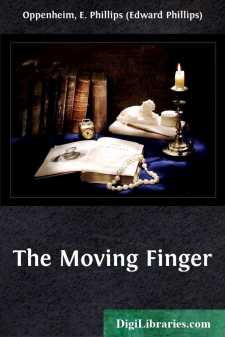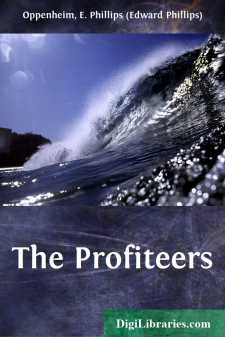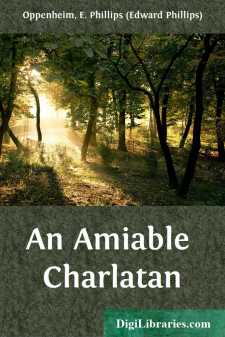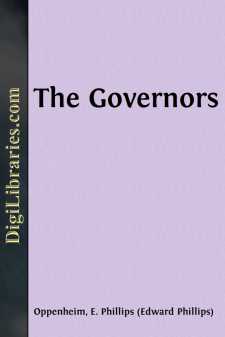Categories
- Antiques & Collectibles 13
- Architecture 36
- Art 48
- Bibles 22
- Biography & Autobiography 816
- Body, Mind & Spirit 145
- Business & Economics 28
- Children's Books 17
- Children's Fiction 14
- Computers 4
- Cooking 94
- Crafts & Hobbies 4
- Drama 346
- Education 58
- Family & Relationships 59
- Fiction 11834
- Foreign Language Study 3
- Games 19
- Gardening 17
- Health & Fitness 34
- History 1378
- House & Home 1
- Humor 147
- Juvenile Fiction 1873
- Juvenile Nonfiction 202
- Language Arts & Disciplines 89
- Law 16
- Literary Collections 686
- Literary Criticism 179
- Mathematics 13
- Medical 41
- Music 40
- Nature 179
- Non-Classifiable 1768
- Performing Arts 7
- Periodicals 1453
- Philosophy 66
- Photography 2
- Poetry 897
- Political Science 203
- Psychology 45
- Reference 154
- Religion 516
- Science 126
- Self-Help 85
- Social Science 82
- Sports & Recreation 34
- Study Aids 3
- Technology & Engineering 59
- Transportation 23
- Travel 463
- True Crime 29
Our website is made possible by displaying online advertisements to our visitors.
Please consider supporting us by disabling your ad blocker.
The Devil's Paw
Categories:
Description:
Excerpt
CHAPTER I
The two men, sole occupants of the somewhat shabby cottage parlour, lingered over their port, not so much with the air of wine lovers, but rather as human beings and intimates, perfectly content with their surroundings and company. Outside, the wind was howling over the marshes, and occasional bursts of rain came streaming against the window panes. Inside at any rate was comfort, triumphing over varying conditions. The cloth upon the plain deal table was of fine linen, the decanter and glasses were beautifully cut; there were walnuts and, in a far Corner, cigars of a well-known brand and cigarettes from a famous tobacconist. Beyond that little oasis, however, were all the evidences of a hired abode. A hole in the closely drawn curtains was fastened together by a safety pin. The horsehair easy-chairs bore disfiguring antimacassars, the photographs which adorned the walls were grotesque but typical of village ideals, the carpet was threadbare, the closed door secured by a latch instead of the usual knob. One side of the room was littered with golf clubs, a huge game bag and several boxes of cartridges. Two shotguns lay upon the remains of a sofa. It scarcely needed the costume of Miles Furley, the host, to demonstrate the fact that this was the temporary abode of a visitor to the Blakeney marshes in search of sport.
Furley, broad-shouldered, florid, with tanned skin and grizzled hair, was still wearing the high sea boots and jersey of the duck shooter. His companion, on the other hand, a tall, slim man, with high forehead, clear eyes, stubborn jaw, and straight yet sensitive mouth, wore the ordinary dinner clothes of civilisation. The contrast between the two men might indeed have afforded some ground for speculation as to the nature of their intimacy. Furley, a son of the people, had the air of cultivating, even clinging to a certain plebeian strain, never so apparent as when he spoke, or in his gestures. He was a Member of Parliament for a Labour constituency, a shrewd and valuable exponent of the gospel of the working man. What he lacked in the higher qualities of oratory he made up in sturdy common sense. The will-o'-the-wisp Socialism of the moment, with its many attendant "isms" and theories, received scant favour at his hands. He represented the solid element in British Labour politics, and it was well known that he had refused a seat in the Cabinet in order to preserve an absolute independence. He had a remarkable gift of taciturnity, which in a man of his class made for strength, and it was concerning him that the Prime Minister had made his famous epigram, that Furley was the Labour man whom he feared the most and dreaded the least.
Julian Orden, with an exterior more promising in many respects than that of his friend, could boast of no similar distinctions. He was the youngest son of a particularly fatuous peer resident in the neighbourhood, had started life as a barrister, in which profession he had attained a moderate success, had enjoyed a brief but not inglorious spell of soldiering, from which he had retired slightly lamed for life, and had filled up the intervening period in the harmless occupation of censoring....












